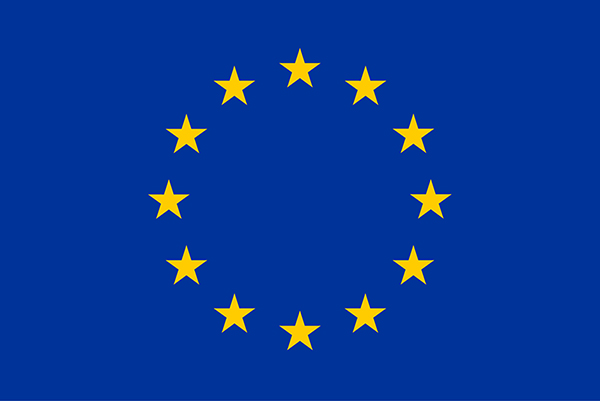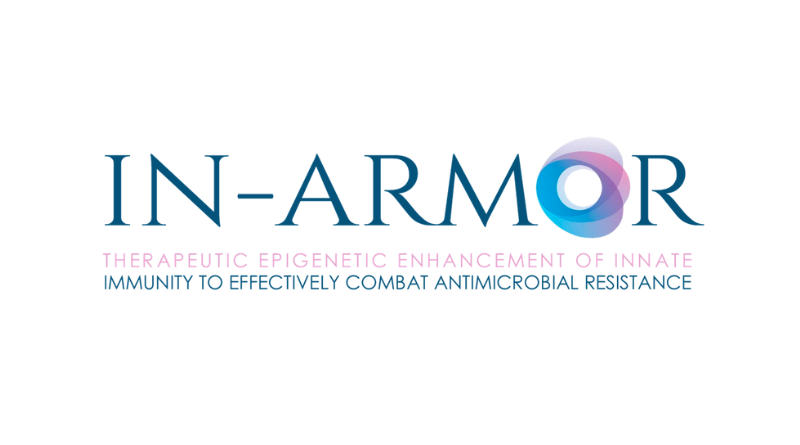IN-ARMOR
THERAPEUTIC EPIGENETIC ENHANCEMENT OF THE INNATE IMMUNITY TO EFFECTIVELY COMBAT ANTIMICROBIAL RESISTANCE
Website: inarmor-project.eu
ABSTRACT
Antimicrobial resistance (AMR) & multi-drug resistance, whereby pathogens evolve to resist antibiotic drugs, is designated by WHO one of the top 10 health threats of our time and is a top 3 priority health threat requiring EU level coordination. AMR was estimated to be linked to 4.95 million deaths in 2019. The next global pandemic could be a multi-drug resistant bacterium, or emergence of ‘pan-drug’ resistant strains (resistant to all existing drugs). Alternative therapeutic approaches are proving to be expensive and slow to develop, whilst also facing the risk of evolving strains. The innate immunity presents the strongest potential to tackle AMR as it can generate antimicrobial molecules and proteins that directly inhibit microbial survival. Inducing such proteins has shown effective antimicrobial activity against bacteria, viruses, fungi & protozoa.
Building on this approach, leading professors and researchers from 9 Universities and research institutes are collaborating with 7 medical and industry partners representing 9 EU countries to introduce a novel class of immune system inducers able to enhance the body’s own innate microbial defence mechanisms to combat AMR and reduce incidence of the 13 listed most dangerous infections (including 2 of the top 3 priority-1 infections).
IN-ARMOR will optimise an already developed drug platform using Computer Aided Drug Design, and in-silico approaches, in tandem with a nanotech-based drug delivery system for the first target indication. The developed therapy will be pre-clinically validated for safety and efficacy in-vitro and in vivo to complete all investigational Medicinal Product requirements.
Upon completion, IN-ARMOR will be prepared for clinical validation. Upon commercialisation, IN-AMOR could potentially save more 4Mn lives worldwide and result in the significant burden reduction of antibiotic development with long-term cost reduction impact of €107Bn, whilst reducing the global disease burden by 96.84Mn DAL
Project Budget: 5,998,972.5€
Leitat Budget: 823,610€
Financial Framework: HORIZON EUROPE
Contract number: 101080889
Start Date: 01/05/2023
End Date: 30/04/2027
Leitat
Main role & contribution in the project:
LEITAT will be involved in in-vivo relevant animals models for IBD and GI indications, determining the effect of APDs on Tight Junction Integrity in Caco-2 cells as well as the immunomodulatory effects of APDs on immune cells. In the in-vivo lead optimisations tests, they will conduct metabolomics together with plasma and GI fluids stability pharmacokinetics and biodistribution studies with 3-5 selected ISIs.
Partners:


This project has received funding from the European Union´s Horizon Europe research and innovation programme under grant agreement No 101080889.

